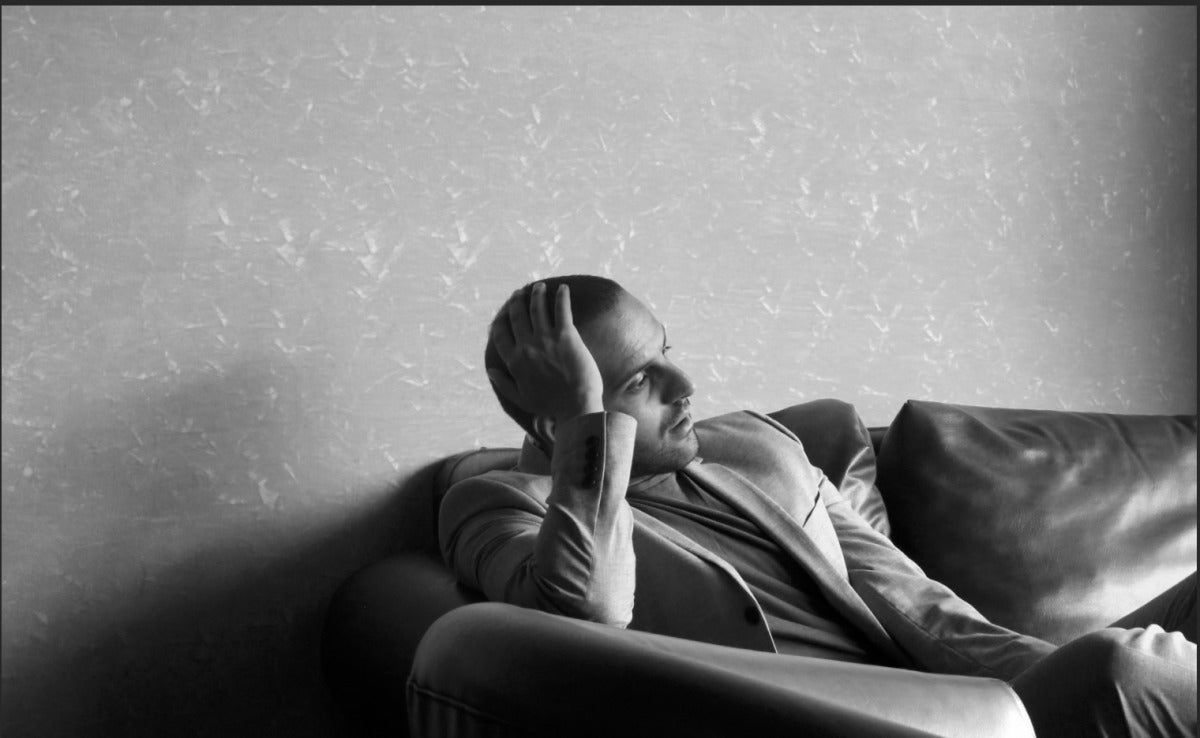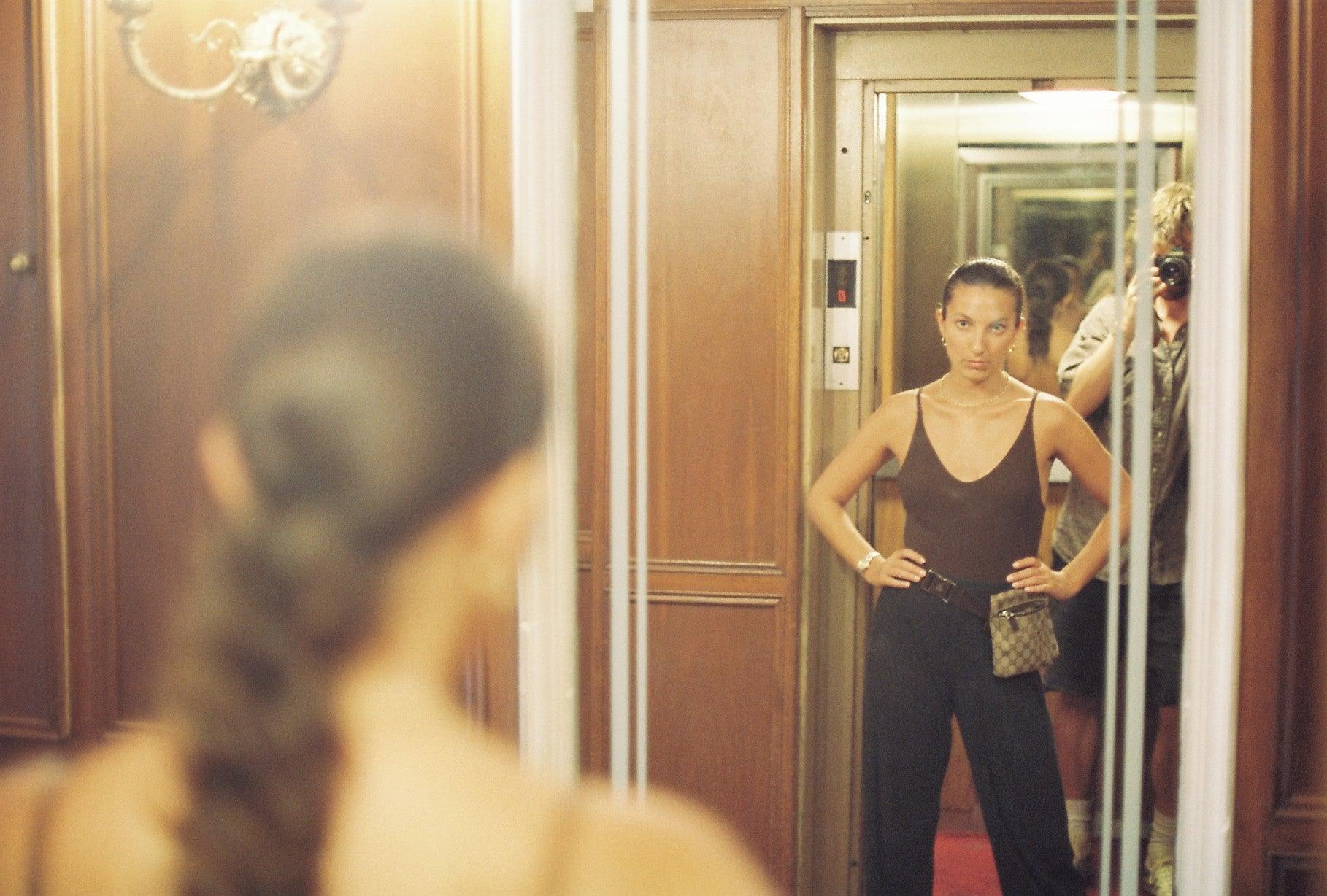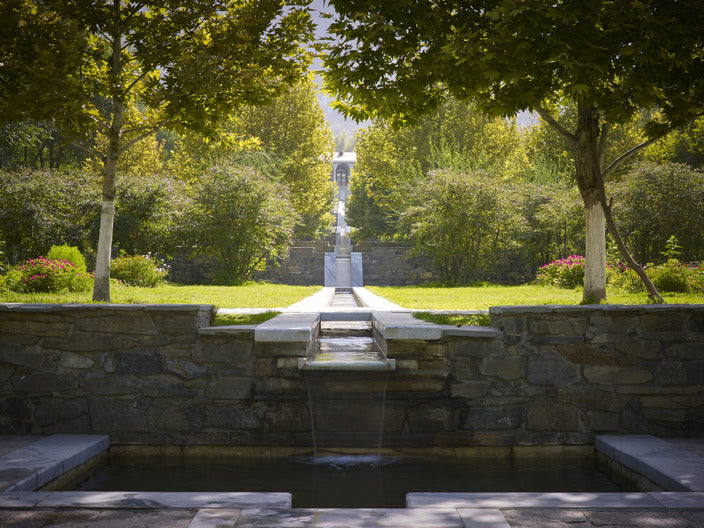
A Conversation With Ibi Ibrahim
Fig 1. Babur gardens [source unknown]

Fig 2. Ibi Ibrahim, Halal (2013) [source unknown]
After almost four years of incalculable destruction and suffering in Yemen, you might think that the last sparks of beauty and creativity had been crushed. You would be wrong.
Ibi Ibrahim is a 31-year-old artist working mainly in photography and film. He is Yemeni, but has lived everywhere from the United States to Iraq. When I speak to him, he has recently returned from what he calls ‘two months of hard labour’ in Berlin, back to his homeland.
Here, the Houthis in the west stand against the Saudi military coalition, who are raining fire from the skies. According to the United Nations, the humanitarian crisis here is ‘the worst in the world’. The majority of the population has no safe drinking water, and cholera has been epidemic. There is widespread famine, and half of children are ‘stunted’. I am talking to Ibi from London, 3,500 miles away. I might as well be on the moon.
Ibi became known for his powerful photographic work exploring sexual taboos. He has been described as ‘outspoken’, even ‘provocative’. I ask him how he feels about this now.
‘I don’t know how to react to it. It’s in the past. I tackled matters of sexuality in 2012 and 2013. I am in 2019, and I am a different person today. I don’t want to be responsible for commenting on what the young me once did.
‘I can’t even react to the revolution that took place in Yemen in early 2011. It could be described as the most beautiful thing that has occurred in Yemen’s modern history. I can only react to what is happening now, which is the ongoing war and its terrifying, continuous events. My perspective today is that of an artist living in the middle of a war zone. I hope this answer is not overly dramatic… pardon.

Fig 3. ISana’a before the war, © Rod Waddington [source unknown]
‘Maybe it is not always the audience that is to be provoked, but sometimes the artist? This is certainly my time as far as being provoked goes.’
Ibi winks, taking me aback. I want to understand why he is driven to make art in Yemen now, when the country is burning.
‘We have to document this part of Yemen’s history. I find it problematic that so many photographers and painters remain lost in this mystic world of the old city of Sana’a. Their work is extremely nostalgic, focusing on the beauty of that place and ignoring the real state of the nation. This nostalgic longing has caused society to be disconnected from the art scene. Today, Yemen is anything but a beautiful photograph.'

Fig 4. Two untitled works from Saba Jallas, Smoke Drawings (2018) [source unknown]
As a result of the war, two million Yemenis have been displaced. In Ibi’s collaboration with Hosam Omran, Departure (2017), the speaker asks, ‘If I had a chance to return to Yemen for one moment… how long would that moment be?’ I ask him about this theme of place and dislocation that runs through his recent work.
‘I have a constant dialogue with myself about identity and place. I am in a constant state of questioning, of seeking answers. Recently, I have tried to bring in other Yemenis to express what this “place” is to them. It is more than just a land and a country. It is a place of belonging.’
‘This takes my exploration of this theme into a new space: What is belonging, and what does "belonging to Yemen" mean? Why is it different to belonging anywhere else? What makes this space, this very damaged and harmed space, so unique? The answer must be a complex one. Uniqueness never came from a simple place.’
Trailer: Ibi Ibrahim and Hosam Omran, Departure (2018)
Can he tell me anything more about what it is to be Yemeni?
’Yemenis are extremely adaptable by nature. This country has gone through more wars than one can remember. Every generation has faced one. There is an astonishing level of perseverance that you see everywhere you go. Even when a strike hits, there is a moment to pause and make sure you’re safe, then you go back to carrying on. After four years, the public understands that there is nothing they can do to escape these horrible airstrikes. Hiding in basements won’t do anyone any good, so we carry on with our lives.’
If he wanted, Ibi could still be in Germany, far from the violence. I tell him I am finding it hard to understand his decision to go back. It seems incredibly courageous.
He says: ’A fish can’t live away from the sea. I need my sea. My state of belonging.’

Fig 5. Ibi Ibrahim, Untitled, from Voyage Voyage (2017)[source unknown]









